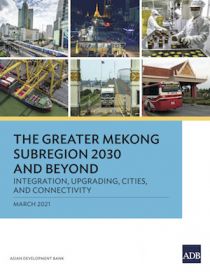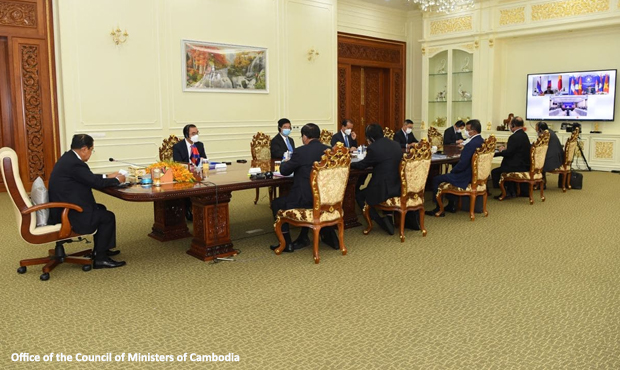Inception Workshop for the GMS Sustainable Agriculture and Food Security Program
The Asian Development Bank is organizing an inception workshop for the ADB TA 9916 - Greater Mekong Subregion (GMS) Sustainable Agriculture and Food Security Program (SAFSP) on 9–10 June 2021 via web-based video conference. This knowledge and support technical assistance (TA), which runs for 5 years (April 2020 – March 2025), supports the implementation of the Strategy for Promoting Safe and Environment-Friendly Agro-Based Value Chains in the GMS and Siem Reap Action Plan, endorsed by the GMS Agriculture Ministers in September 2017. The TA builds on the achievements of the GMS Core Agriculture Support Program (CASP) phases I (2006-2012) and II (2012-2019).








